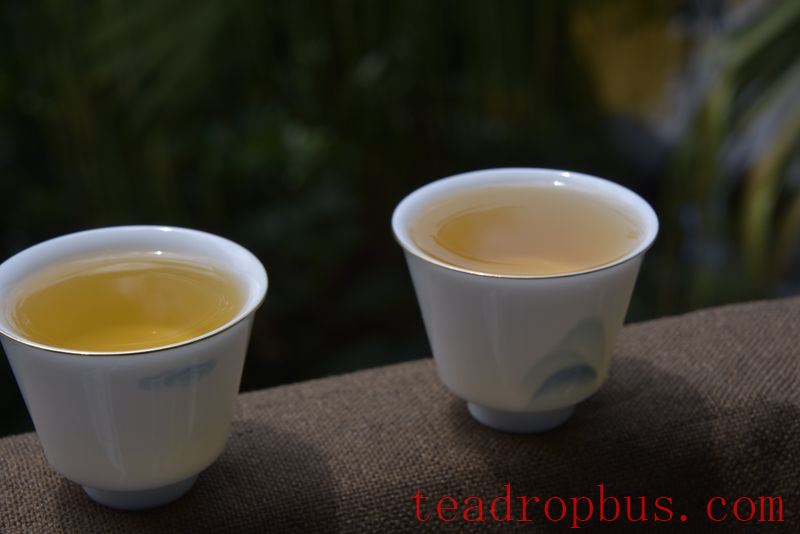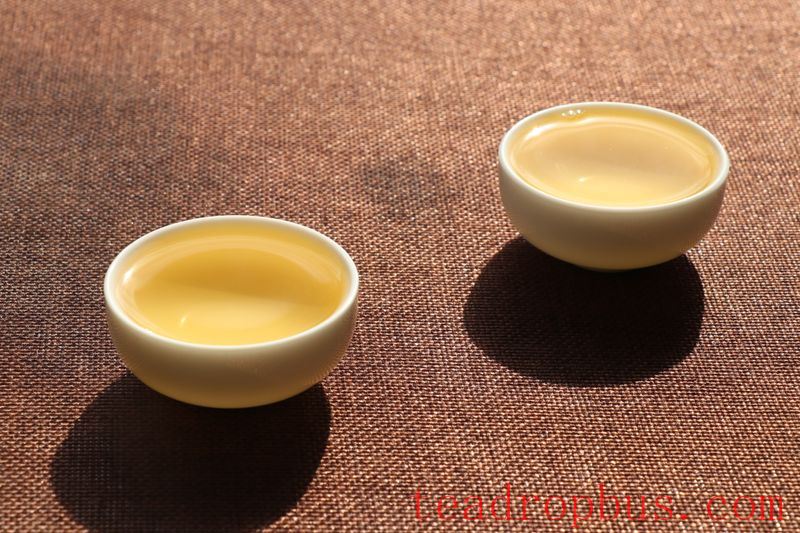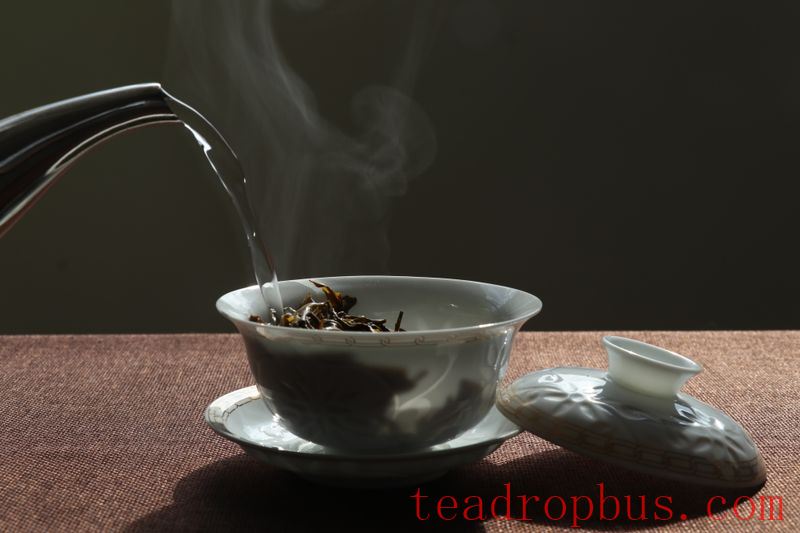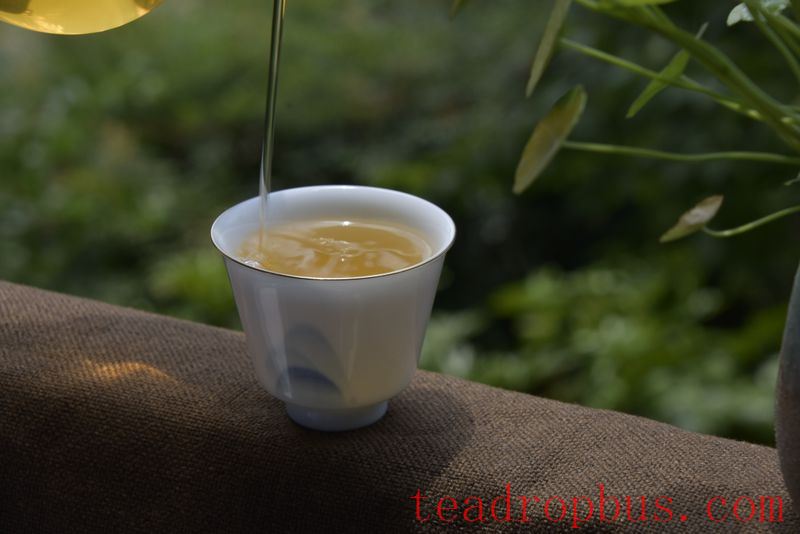Have you ever experienced this: sometimes, with the same Tea, the taste can vary greatly depending on who brews it? Even though the brewing method appears identical, your tea often doesn't taste as good, and you're unsure why. So, why is it that with the same tea leaves, the same teaware, and the same water, your tea just doesn't taste as good as someone else's?

1. Reboiling Water
Reboiled water doesn't bring out the full aroma of the tea! Some people boil too much water at once, and by the time they're ready to brew the next infusion, the water has cooled down. They then reheat it. However, repeatedly boiling water increases the levels of iron and calcium, which can react with the tea polyphenols and diminish the tea's aroma. For brewing tea, it's best to use water that has just started to boil or is in its second boil. Boil the water until it starts bubbling, but not until it's vigorously boiling or boiling for a long time. Don't boil too much water at once; using a smaller kettle and boiling only what you need for one session is ideal. For the next infusion, boil fresh water to avoid any impact from the water quality.
2. Not Warming the Teaware
Keeping the teacup warm enhances the aroma and flavor of the tea. When the room temperature is low, the teaware will also be cooler, and brewing tea under these conditions will cause the water temperature to drop slightly. As a result, the flavor won't be as rich as it would be in warmer conditions. Warming the teaware not only cleans it thoroughly and removes any odd odors but also minimizes the environmental impact on the tea. Warming the teaware raises the water temperature and helps release the tea's fragrance. Especially during cold winter days, rinsing the teaware with hot water prevents the water from cooling too quickly when poured into the pot, reducing the effect of the room temperature on the brewing process. Paying attention to these details is crucial for achieving the best flavor.

3. Handling the Tea Leaves with Your Hands
Handling tea leaves with your hands accelerates their deterioration. Tea leaves are highly susceptible to moisture and unwanted odors, and hands come into contact with many things throughout the day, inevitably carrying microorganisms and bacteria. Touching the tea leaves with your hands can transfer bacteria to them. Over time, the tea will lose its fresh, fragrant aroma and may deteriorate more quickly.
4. Over-Soaking the Tea
Over-soaking the tea dilutes its flavor. The purpose of soaking the tea (also known as “washing” or “wetting” the tea) is to allow the leaves to open up, improving the taste. This is particularly important for tightly rolled teas like Tie Guan Yin, compressed cakes, and tuocha, where the first infusion is often discarded, and the second infusion is enjoyed for its superior flavor. However, the soaking time should not be too long. If the tea is soaked for too long, it can lose too much of its internal content, resulting in a weaker flavor during subsequent infusions. The tea should be soaked until about 70% of the leaves have opened. Once fully hydrated, the leaves will quickly unfurl during the second infusion, releasing their flavors.

5. Using Boiling Water for All Teas
Each type of tea has a specific optimal water temperature, and using boiling water for all teas can affect the taste. Some people always use boiling water regardless of the type of tea. As soon as the water boils, they pour it over the tea without considering whether it's suitable. However, not all teas are appropriate for boiling water. Particularly delicate teas made from tender buds, such as high-quality green teas and Bai Hao Yinzhen, can become overly bitter if brewed with water that is too hot.
The first two infusions of Black Tea should not use excessively hot water to avoid making the tea too strong and astringent. Moreover, using water that is too hot can make the tea less robust in later infusions. For exceptional-quality black teas, boiling water can be used, but the Steeping time must be very short.
6. Leaving the Tea Steeping Too Long
Leaving the tea steeping for too long can make it taste bitter. If the tea is left steeping for too long without being promptly removed, the tea polyphenols and aromatic compounds can oxidize naturally, diminishing the color, aroma, and taste of the tea. This brewing method results in a poor flavor, overly bitter, and loses the layered complexity of the tea's natural aroma and taste. It's recommended to use tea accessories like a travel tea cup or a quick-brew cup to separate the tea from the water quickly to avoid prolonged steeping.

Brewing tea can vary from person to person, and everyone has their own habits. Over time, it's easy to overlook some common mistakes. Consider brewing the same tea with the same teaware alongside other tea enthusiasts and comparing notes. Exchanging brewing methods and experiences can help improve your tea-brewing skills more quickly.